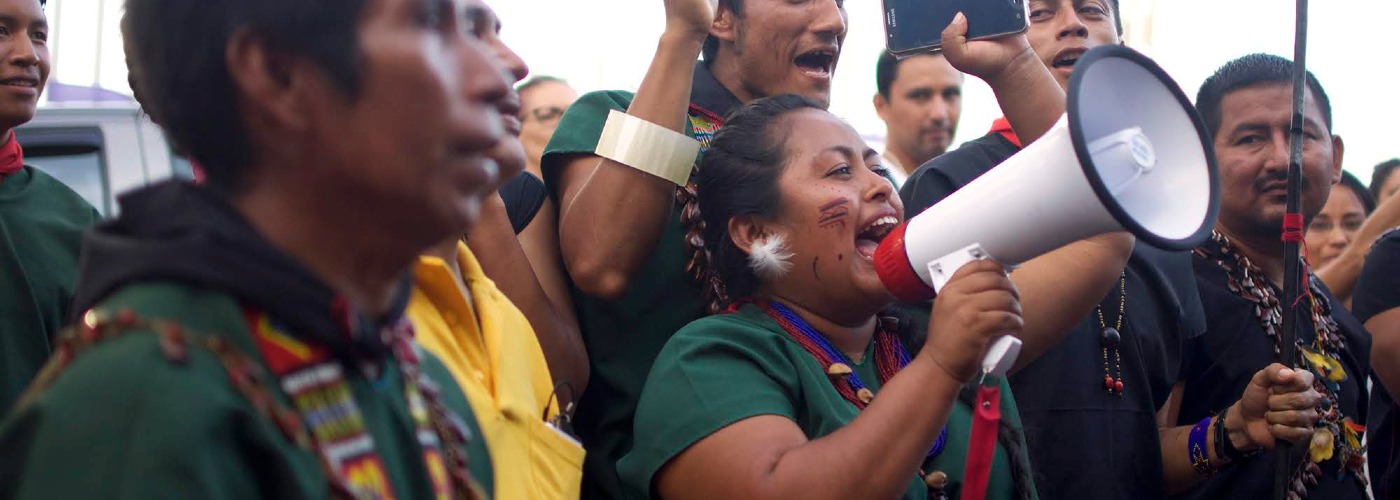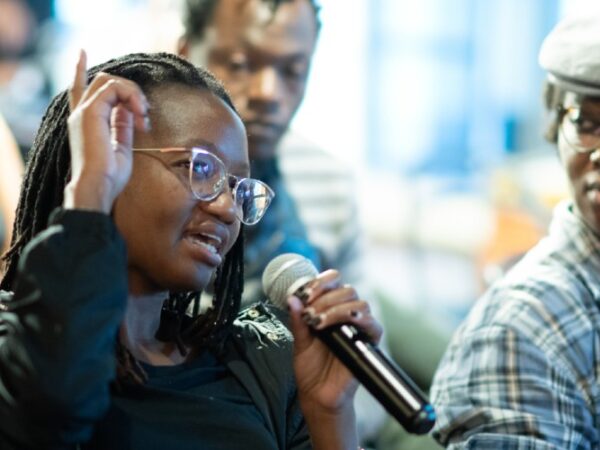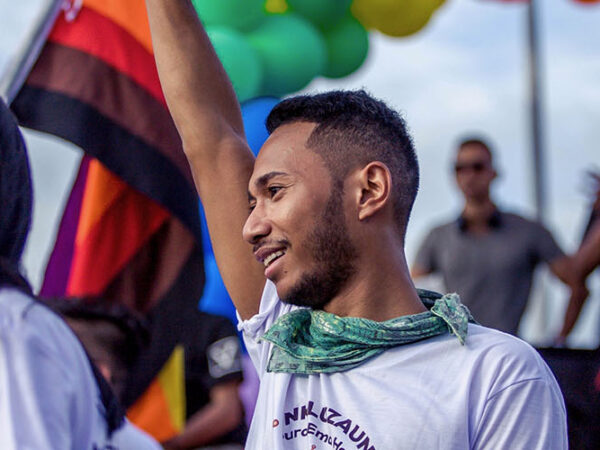Increasingly, climate-related disasters – floods, droughts, heatwaves and wildfires – are devastating vast areas and killing or displacing hundreds of millions of people. The worst impacts are felt in the Global South, which has done the least to cause climate change.
So Hivos is focusing on shifting funds, knowledge, and decision-making power to communities on the frontlines of the climate crisis. We believe that locally-designed climate solutions can bring about the urgent changes needed to turn the tide.
We support these groups in building resilient movements, and together we advocate for policies, laws and public services that advance equality for all. Below we highlight several of our efforts to put justice and equity at the heart of climate action in 2023.
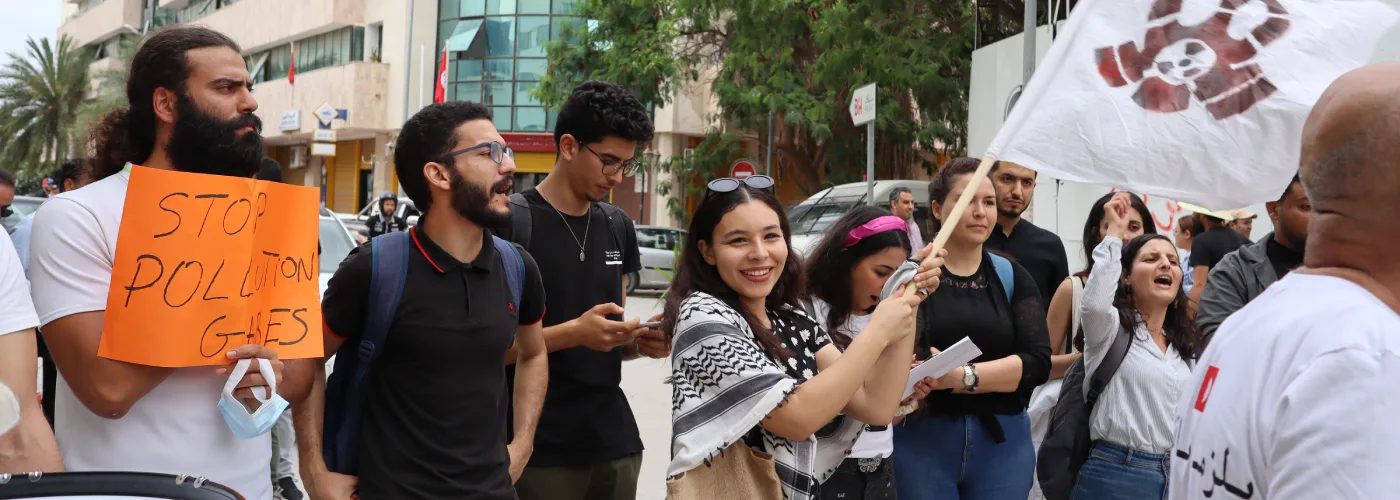
Building Climate Justice movements
Including the people most impacted by the climate crisis is crucial for effective and lasting climate action. That is why we want to ensure local civil society and underrepresented groups play a central role as creators, facilitators and advocates of innovative climate solutions.
Our Voices for Just Climate Action program supports Indigenous people, youth, women, rural communities, and urban slum dwellers in building widespread support for their climate justice movements in seven countries, including Indonesia, Brazil and Kenya.
-
In Indonesia, an archipelago extremely vulnerable to the impacts of climate change, we help communities become part of decision-making on local climate policies. In East Nusa Tenggara, we established a climate forum for the community to take part in discussions on climate change and climate policies. And together with women in North Jakarta we mapped out the parts of slums most vulnerable to rising sea levels to advocate for protective measures.
-
In Brazil, a vast country now hit by extreme weather events much more frequently, we’ve been working to unite eight coalitions that include 40 local organizations behind a common agenda.
Megafone Activism, for example, uses activist art to amplify the voices of activists from the Amazon. Banzeiros Radios reports on violence against environmental and human rights activists in remote places in the Amazon. And InfoAmazonia involves local communities by mapping the effects of climate change on their lives and surroundings.
-
For a long time in Kenya, local communities and Indigenous people were not consulted or included in developing strategies to deal with climate change. This all changed when Marsabit County launched its first community-led and centered climate change action plan in Loiyangalani, home to the El Molo community.
PACIDA, with support from Hivos, helped develop the plan using a Participatory Climate Risk Assessment (PCRA). This approach involves close consultations with the local and Indigenous communities that make up the largest population of Marsabit.
Based on their input, the plan identifies the areas of investment most needed to build resilience to climate change in the county. For example, in drought mitigation, climate-smart agriculture, and also peace-building initiatives to prevent ethnic-based conflicts over scarce natural resources.
President Ruto launched the Marsabit County Climate Change Action Plan on November 23, 2023.
Creating sustainable jobs
The climate crisis not only threatens the planet, but also deepens existing social and economic inequalities. And youth and women are on the frontlines of the crisis. For example, persistent drought forces women and girls to travel farther to find water, which increases their risk of facing gender-based violence. And North Africa’s extreme vulnerability to climate change is setting back the regions’ economic development, which has increased already high unemployment rates among young people.
Despite these challenges, young people and women can be powerful agents for climate action and economic development. Hivos puts their innovative ideas to use and supports sustainable job creation to ensure that the green transition benefits those most impacted by the climate crisis.
- By the end of 2023, our ENERGIA program supported over 11,700 renewable energy businesses run by women entrepreneurs in Kenya, Nepal, Nigeria, Senegal and Tanzania.
- We’re training 450 Indigenous women from rural communities in Guatemala, Honduras and El Salvador. By starting businesses based on renewable energy, they become economically independent in male-dominated societies and lead their communities to a sustainable future.
- In North Africa, our GreenWorks and Challenge Fund for a Just Transition programs have helped secure employment for 8,430 young people.

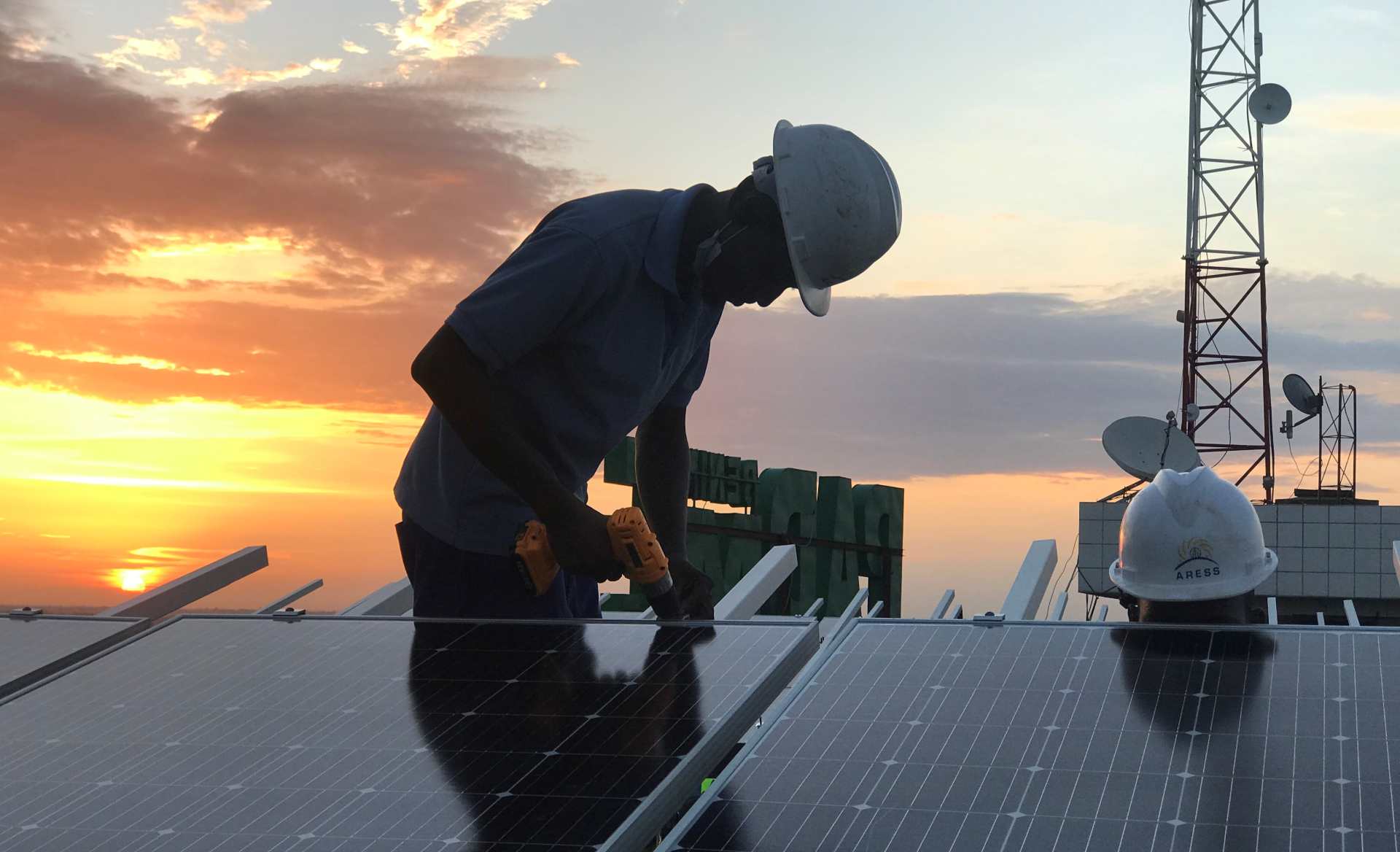
Hivos-Triodos Fund
Established in 1994, Hivos-Triodos Fund is a joint initiative of Triodos Bank and Hivos and is one of the first global leaders in financial inclusion investments. Today, Hivos-Triodos Fund invests in scalable enterprises in emerging markets to establish a sustainable, inclusive and green economy.
Impact in 2023
At the end of 2023, the Hivos-Triodos Fund’s size (or: AUM, Assets Under Management) was 58.2 million euros. Thirty-seven investments were made in 20 emerging and developing countries.
- 272,700 households and businesses connected to clean energy
- 295,300 small-scale farmers reached
- 133,400 borrowers reached (52% women)
- 5,279 employees across the portfolio
- 1,970 kilotons of GHG emissions avoided
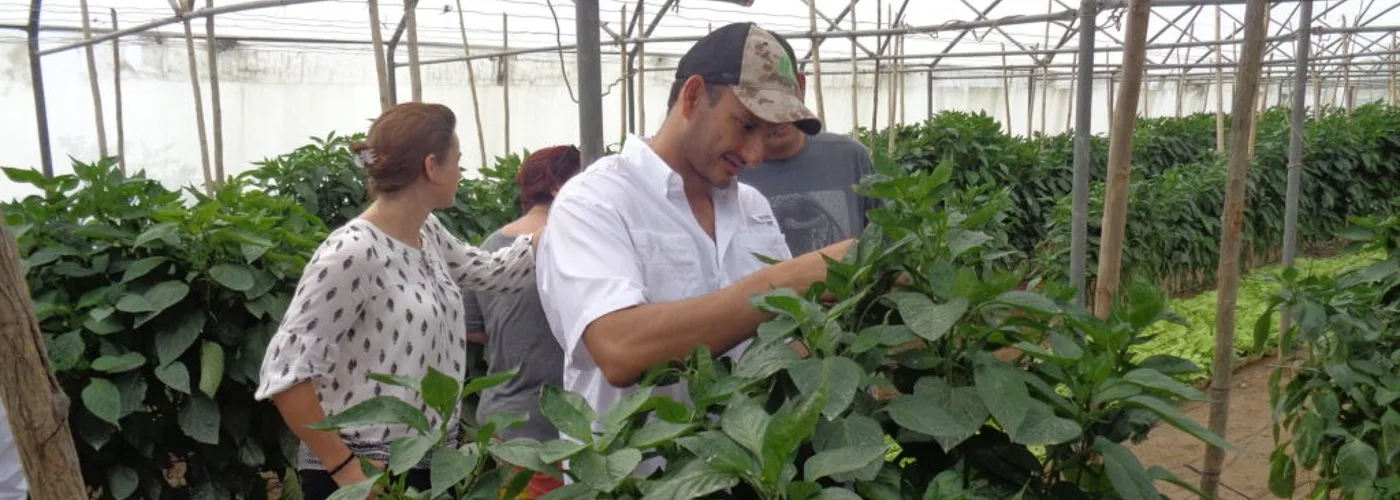
A decade supporting sustainable agriculture in Cuba
In the past 10 years, our work in Cuba focused on organic farming, circular economy practices and access to healthy food. Our efforts paid off. Together with our partners we positively impacted the lives of over 600,000 people in 22 municipalities.
Launching new Climate Justice programs in 2023
The new Global Girls Creating Change (G2C2) program is funded by the U.S. Department of State – Secretary’s Office of Global Women’s Issues. The program will support girl-led climate action in Brazil, Indonesia, Nepal and Uganda. Together with Restless Development and Humanis, we will start implementation in 2024.
During COP28, we presented a new initiative that will harness the ancestral knowledge of Indigenous peoples to reduce the negative impacts of climate change on health. This project is funded by the Rockefeller Foundation and will be implemented together with the Amazon Conservation Team and Centro de Trabalho Indigenista.
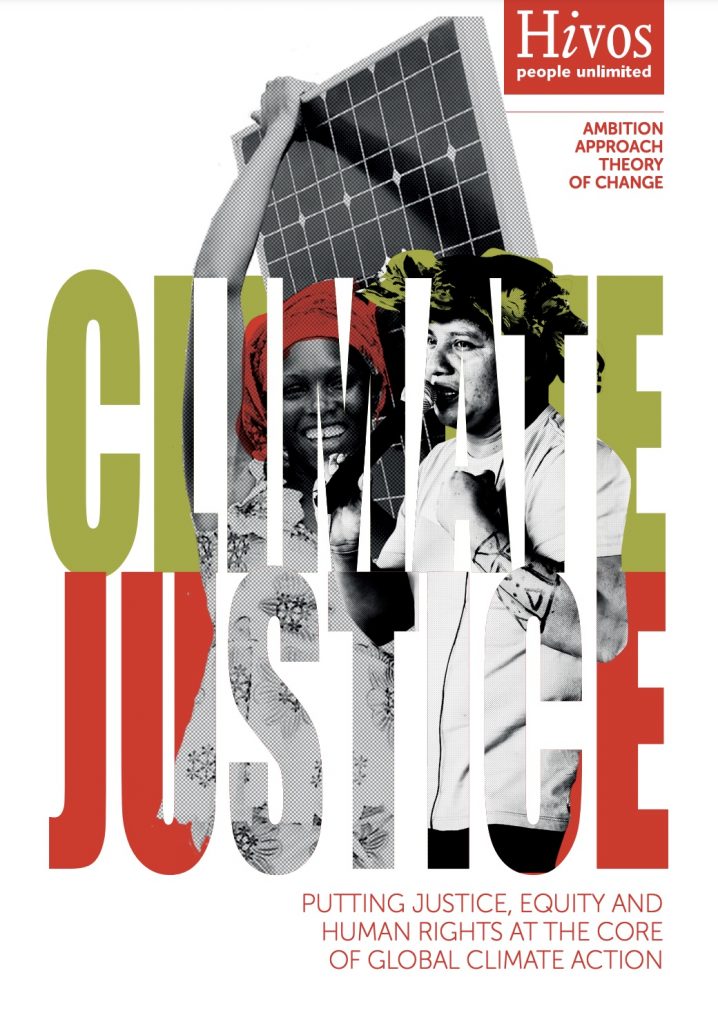
Find out more about how we aim to achieve climate-just societies
The white paper “Putting justice, equity and human rights at the core of global climate action” outlines the ambition, approach and Theory of Change. It underpins Hivos’ vision of a more just, fair, dignified, and prosperous society where key rightsholder groups and social movements from the Global South put their priorities and agency at the center of global climate action.
Want to learn more? Check out all our current Climate Justice programs and read our 2022 overview.

